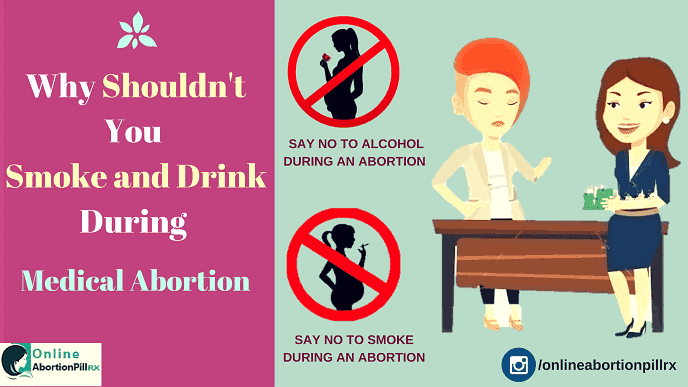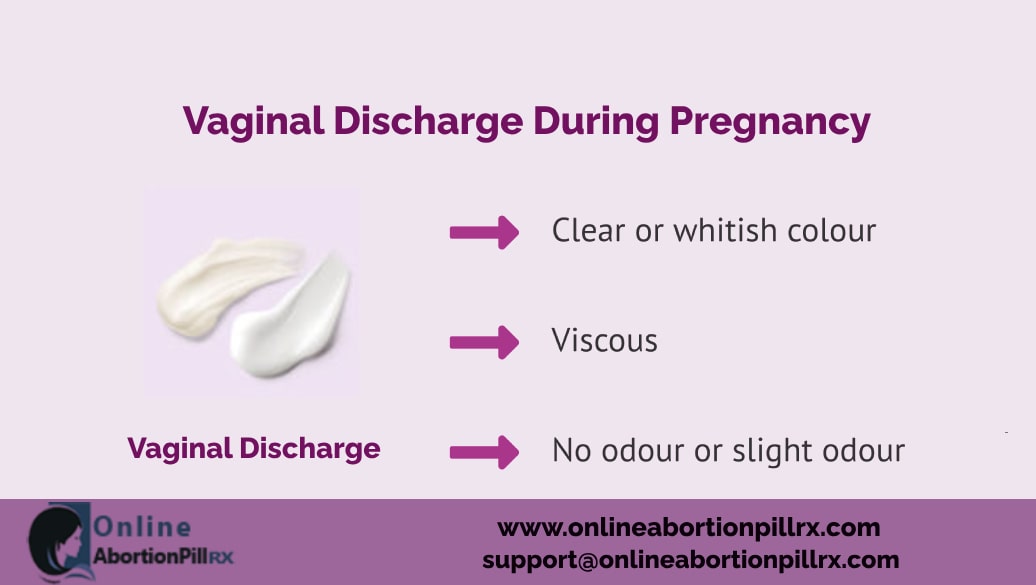 April 28, 2016 12:04 pm
Published by Marcella
April 28, 2016 12:04 pm
Published by Marcella
Since decades, medication methods are used to cause abortion. A combination of tablets are taken to empty the uterus. The agents used to terminate a pregnancy are anti-progesterones and prostaglandins. In the United States, Mifepristone is marketed by the Danco Laboratories, LLC, which is under Mifeprex as trade name, sold to the physicians. The medication can soften and dilate cervix leading to decidual necrosis that is ‘placental detachment’. It increases prostaglandin releasing from uterine lining, and with Cytotec (brand name for Misoprostol), frequents uterine contractions and sensitivity to prostaglandin. Thus, myometrial contractions expel pregnancy tissues by ripening cervix. In few days the womb is left empty of all the pregnancy sections. Progress of Abortions Pills – Then and Now In 1980, a product named Mifepristone was developed, which were later marketing in the U.S as RU-486 and Mifeprex, used initially to begin pregnancy termination. The medicine blocks progesterone hormone in body, by binding to the hormone’s receptors. In 1985, Mifeprex was discovered to sensitize myometrium to prostaglandin. Thus administration of it with Cytotec shot efficacy of medical abortion from 80 to 95 percent. In 1988, Mifepristone gained licensed use in France, which was given along with Misoprostol (prostaglandin analogue that... View Article
 April 19, 2016 6:42 am
Published by Marcella
April 19, 2016 6:42 am
Published by Marcella
A female can choose from three types of abortion methods- medical (use of medicines), surgery (invasive technique utilizing instruments), and chemicals (injectable drugs or chemicals for ending pregnancy). Here is an in-depth analysis and information of these pregnancy termination methods mentioned below. Users are requested to know that the details are purely informational, and the medical practices in real may or may not differ. Speak to doctor before proceeding with any of these techniques. Medical Abortions In medical regimens, administration of FDA approved drugs is done to abort the fetus. A female can take the abortion pills at home without the presence of doctor required. This system is followed in early trimester when a woman is between 4 to 10 weeks pregnant. Any procedure above this gestation age is done by invasive technique. The person may require three follow-up visits to doctor, one to get the medicines, second to note the progress, and third (after 14 days of treatment) to analyze if medicines worked to end the pregnancy. In case by some possibility the abortion pills fail, then surgical intervention is done to complete pregnancy termination. However, a majority of pregnancy endings are done in the first trimester only, and... View Article
 April 15, 2016 11:59 am
Published by Marcella
April 15, 2016 11:59 am
Published by Marcella
Abortion means terminating an already existing pregnancy via drug (medical), surgery, chemical, or other methods. The woman is pregnant for 9 months and 10 days before delivering a child. Prior to delivery, termination of pregnancy can happen at any stage. If the abortion is done at 10 weeks or lesser, the woman’s health is unaffected. As the gestation (days passed from the time of the first day of the person’s last period to the current pregnancy day) age increases, the risks of complications may rise. Given the nature of the regimen, abortion has attained a contentious status around the world. Precaution for abortion There are no particular criteria as to surgical procedures of pregnancy termination, besides the basic health requirements for the safety relating to the well-being of heart/insulin levels/blood system. But, if the woman wants to undergo a medical or drug-induced abortion, there are certain conditions to observe, which are mentioned here: The female must not have an ectopic pregnancy (fetus growing outside the womb). She must not be allergic to abortion pills, or over 35 years old, and should be less than 12 weeks pregnant. The person must not suffer from adrenal gland/liver/kidney/heart disorder. She should not be... View Article
 April 13, 2016 10:48 am
Published by Marcella
April 13, 2016 10:48 am
Published by Marcella
1. What is Mifeprex Abortion Pill, and how does it Work? Mifeprex is a drug that blocks hormone (progesterone) needed for continuing pregnancy. The medicine is also known by its generic name, Mifepristone. When the medicine is used with another drug Misoprostol, it can cause an end to early pregnancy (4 to 10 week gestation, or up till 70 days from the first day of female’s last menstrual period). 2. Who must not take Mifeprex? Some females should not use Mifeprex. A person must not take this drug, if she is more than 70 days due her pregnancy, or if she: On long-term corticosteroid therapy, ectopic pregnant (pregnancy outside uterus). Is allergic to Mifepristone, Misoprostol or similar medications. Has adrenal glands problem or inherited porphyria. Has IUD (intrauterine device) inserted (must be removed before intake of Mifeprex). Is taking anticoagulant drugs or products, or has bleeding problems. 3. What are the approved changes done to Mifeprex Label by the FDA on March 29, 2016? Mifeprex was first approved in 2000 by the FDA. In 2016, a supplemental application of the medicine given by its marketing company was approved. The approval stated few changes in the dosing of Mifeprex and dosage... View Article
 April 28, 2016 12:04 pm
Leave your thoughts
April 28, 2016 12:04 pm
Leave your thoughts












